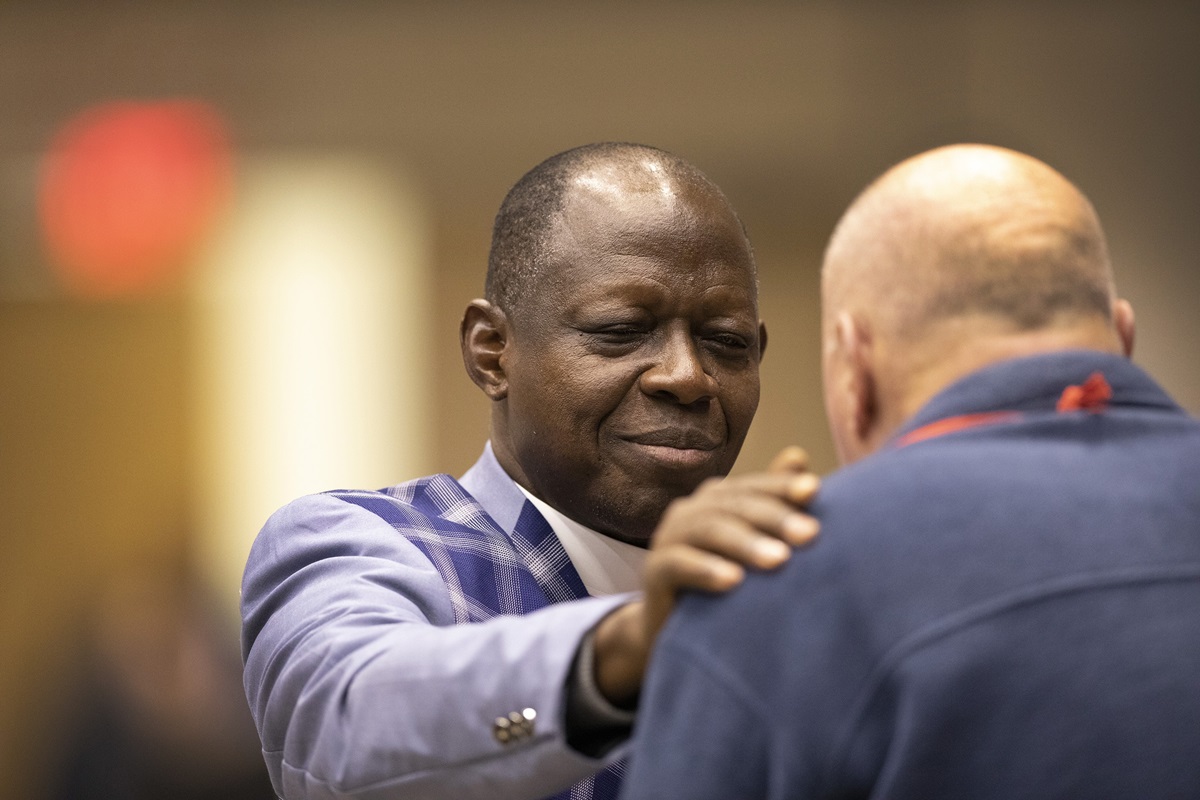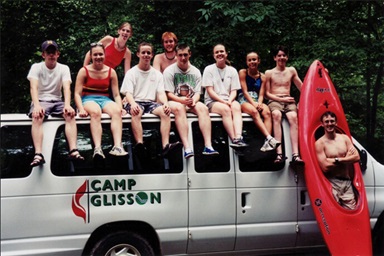The pain over the deep divide that has occurred among United Methodists since February’s special General Conference has permeated all parts of the denomination, raising questions about the impact on its mission projects and goals.
That discussion by directors of the United Methodist Board of Global Ministries came April 12, near the end of the shortened board meeting following a long-planned conference at Emory University celebrating 200 years of Methodist mission.
“We can say we are deeply divided and the conflict will not subside,” said New York Area Bishop Thomas J. Bickerton.
The challenge to the board’s directors “is not to continue to hurt one another” and to fulfill their role as shepherds of the church’s mission “in the midst of the current realities,” he said. General Conference, the denomination’s top lawmaking assembly, in February passed the Traditional Plan, which strengthens enforcement of bans on “self-avowed practicing” gay clergy and same-sex weddings.
But the hurt does continue, as Sierra Leone Area Bishop John K. Yambasu, the mission agency’s vice president, made clear in his emotional remarks to fellow directors.
The bitter aftermath of GC2019 — including accusations of voting irregularities — has led Yambasu to question the true commitment to a global church, he said. And he is considering whether the African United Methodists should look at changing to an autonomous, affiliated membership.
“Africans have been abused and misused,” the bishop declared.
Despite coming from a predominantly Muslim background, Yambasu recalled that as a youngster he eagerly embraced what was then the Evangelical United Brethren Church. He took the simple hymn “Jesus Loves the Little Children” as his mantra, attended United Methodist-related schools and yearned for Wednesdays and Sundays, when he could be in worship.
Later, he took pride in the connectional system, and was thrilled by the fact that he could go to any country and just look for the church’s cross and flame logo. “Once I get there, I’m home,” he pointed out.
That was then. Now, Yambasu said, he feels he is part of a church whose members are not permitted to express their views. “As an African, I find myself thinking, is this the church where I really want to be?”
He also added that the directors of Global Ministries “failed as a board to do our duty” to engage in the denominational debate that was occurring “and now we are caught in between.”
Another director, North Georgia Bishop Sue Haupert-Johnson, used the word “excruciating” to describe the atmosphere in her episcopal area these days.
“We have divisions between generations, divisions between parts of my annual conference, divisions between churches and within churches,” she told her fellow directors. “The sad thing is everybody thinks they’re right.”
She said she saw “very little love on the floor of General Conference” and nothing has improved since. “I get letters every day (from church members) that say things that I wouldn’t say to my worst enemy,” she noted.
If nothing else, that failure to love one another has dealt a major blow to United Methodists in the U.S. “We may have lost generations to come,” Haupert-Johnson added.
She said she is less concerned about The United Methodist Church dividing into separate parts than splintering into pieces “with no financial support for any part of our mission.”
A possible reduction in mission support was noted as a concern for the future.
Roland Fernandes, in his general treasurer’s report, pointed out that most Advance projects — which rely on voluntary contributions — had a significant income decline in the first quarter of this year.
Overall, Advance giving to the United Methodist Committee on Relief dropped by more than $24 million from $58.4 million in 2017 to $34 million in 2018. But the higher funding in 2017 reflected donations aimed at the response to hurricanes — Harvey, Irma and Maria.
Bickerton, who serves as UMCOR’s president, expressed concern to its board of directors that giving could continue to drop past the first quarter as church members look for ways to express their anger and distrust.
“Those decisions are at the expense of people’s lives,” he said, adding that the relief agency needs to consider how to better tell its story during this tense time within the denomination.
During a small-group brainstorming session, Global Ministries directors offered some ideas of how to remind United Methodists of the need to continue the church’s mission, even at a time of division:
• Framing the conversation on mission away from polarization.
• Making clear that United Methodists offer mission and ministry to all.
• Focusing on partner relationships and connections with local churches.
• Emphasizing the ability of Global Ministries and UMCOR to work across cultures.
• Reclaiming a role in teaching the theology of mission.
• Facilitating a space for lament about the denominational divide but also for a movement to hope.
Yambasu said he believes it is not too late to rethink what has occurred. If invited, “God is still able to do something in our denomination,” he said.
Bloom is the assistant news editor for United Methodist News Service and is based in New York.
Follow her at https://twitter.com/umcscribe or contact her at 615-742-5470 or newsdesk@umnews.org. To read more United Methodist news, subscribe to the free Daily or Weekly Digests.
Like what you're reading? Support the ministry of UM News! Your support ensures the latest denominational news, dynamic stories and informative articles will continue to connect our global community. Make a tax-deductible donation at ResourceUMC.org/GiveUMCom.




